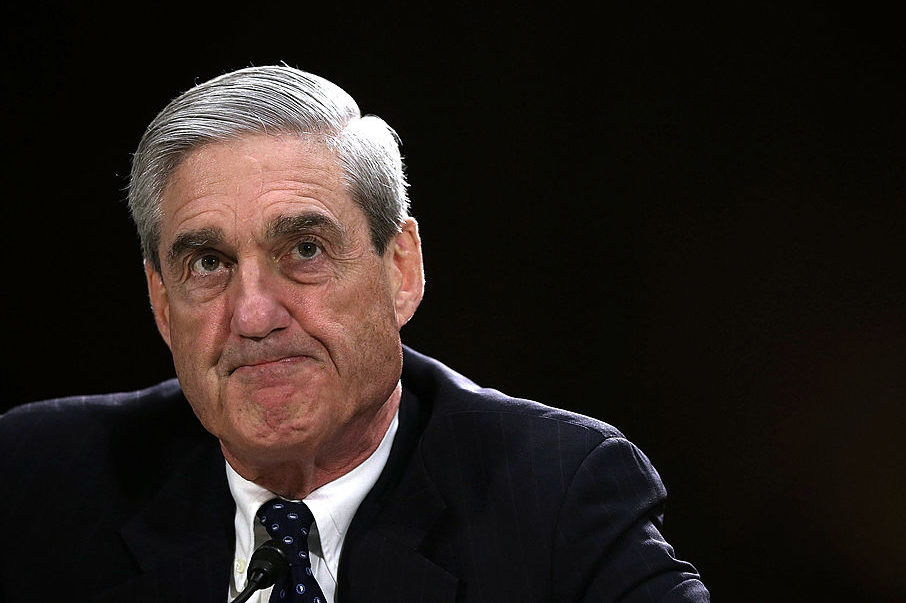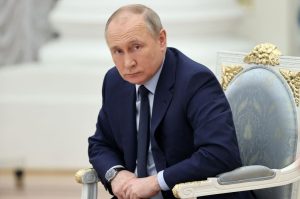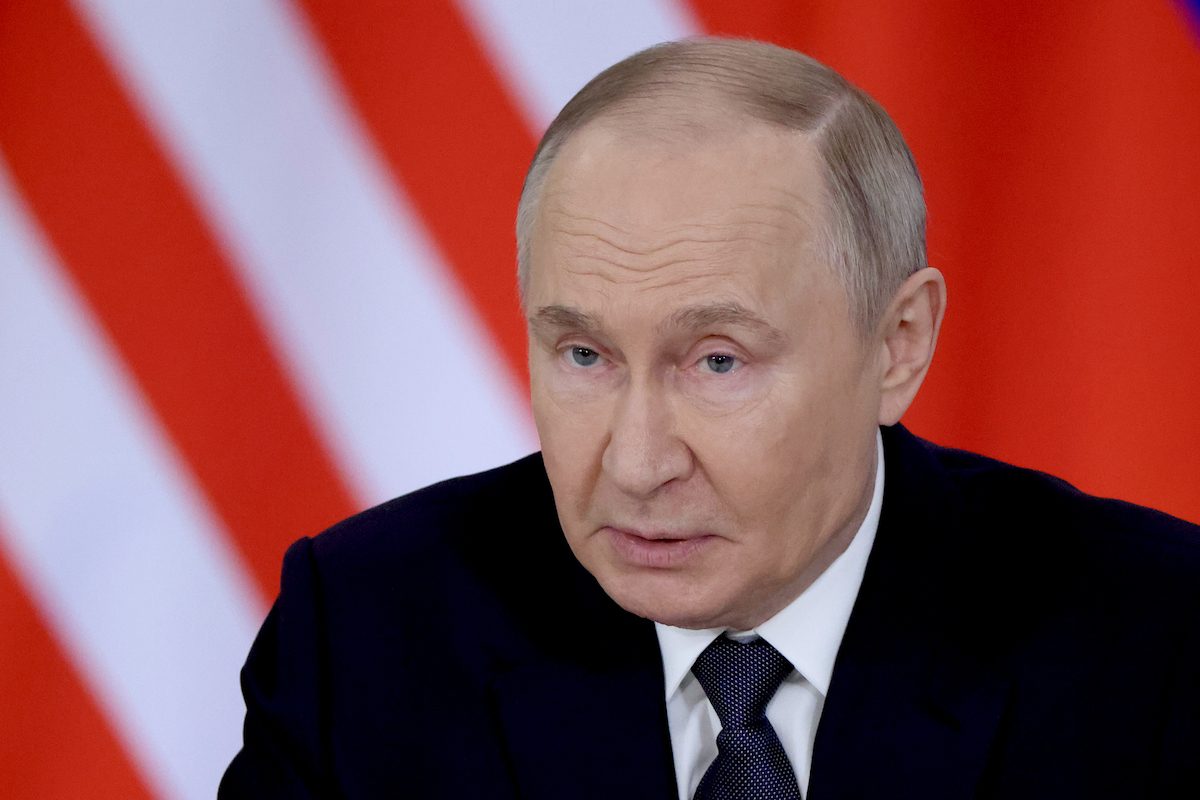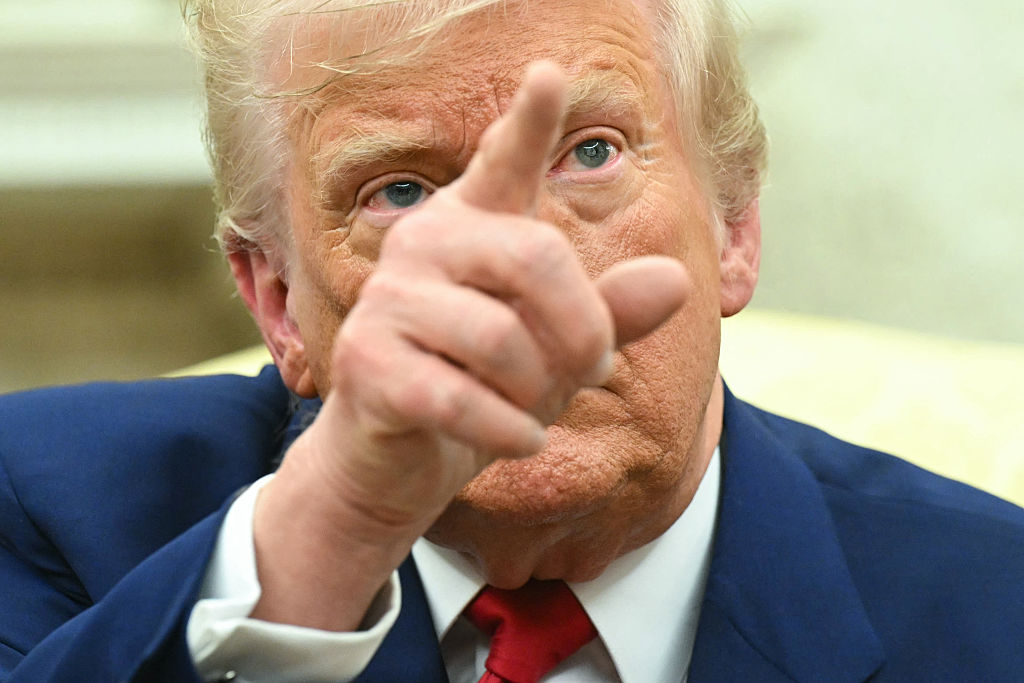If the report released Thursday proved anything, it was that Robert Mueller and his team of prosecutors had an extremely broad mandate to investigate all conceivable angles of the theory that Donald Trump and/or his associates colluded with Russia to influence the 2016 election. Page after page of the report describes the elaborate lengths Mueller went to ascertain whether there was any truth to this theory. And using the most emphatic language available to a prosecutor working within the confines of his legal remit, Mueller concluded with virtual certainty: No. There was no collusion.
A notion had percolated in some elements of the media that Mueller was somehow hamstrung by political pressures to not pursue all possible leads, especially those related to Trump’s private business activities. Due to an unspecified combination of Trump’s angry tweets and Congressional Republicans’ obstinacy, pundits cried that Mueller would be prevented from sifting through Trump’s dirty real estate dealings – which would be the key to unlocking the door of collusion.
But we now know definitively that Mueller operated under no such constraints. The report confirms that his roster of aggressive prosecutors – working with the unlimited resources of the US Treasury and broad subpoena power – did in fact extensively examine Trump’s business endeavors dating back to at least 2013.
Mueller investigated the Trump Organization’s engagement in 2013 and 2014 with a firm called the Crocus Group, a real estate conglomerate, to establish holdings in Russia long before the prospect of Trump assuming the presidency was even a twinkle in anyone’s eye. These dealings were studied in such granular detail that Mueller even describes the share of sales commissions (3.5 percent) that the Trump Organization would potentially reap from the deal, as well as the various machinations undertaken by Don Jr and Ivanka to broker it. However, Mueller writes, as of November 2014, ‘the project appears not to have developed past the planning stage, and no construction occurred.’
Mueller then reviewed in copious detail the actions of the notorious fixer Michael Cohen to intermediate between Trump and another Russian real estate conglomerate, I.C. Expert Investment Company, in service of establishing the infamous Trump Tower Moscow deal – about which Cohen admitted to lying under oath; he was subsequently charged with a felony. The chronology of this (failed) deal was once again laid out meticulously by Mueller. And his ultimate conclusion: none of it amounted to any conspiracy or illicit coordination with Russia.
Another hobbyhorse of Trump-Russia internet sleuths that set the tone for much media coverage of this ordeal going back to 2016 was the allegedly mysterious interactions between the Trump Organization and Alfa-Bank, the large Russian commercial bank with which it was claimed Trump had nefarious or collusive dealings. A week before the 2016 election, Hillary Clinton tweeted out a press release declaring that Trump had a ‘secret line of communication to Russia’ in the form of a ‘covert server.’ This supposedly sinister server was then the subject of years-long frenzied speculation. Purportedly, one of the Trump Organization’s servers had been ‘pinged’ to a highly suspicious degree by Alfa-Bank, which (according to this convoluted hypothesis) meant that Trump and Russia were engaged in surreptitious communications. The theory never made a great deal of sense, but nonetheless, FBI agents raided the Pennsylvania facility which housed this server, and Mueller came to a conclusion as to where it all fit in the larger Trump-Russia conspiracy narrative. Far from establishing that some underhanded election-interference discussions had taken place, Mueller looked at the ‘flurry of Russian activity’ related to Alfa-Bank and found no reason to believe that any of it was tantamount to conspiracy. He even interviewed Petr Aven, the head of the bank, and discovered that Putin himself had encountered ‘difficulty’ making contact with the incoming Trump administration during the time period in question. Putin had stated that he ‘generally did not know the people around the president-elect,’ Mueller wrote. Another prong of the collusion theory resoundingly debunked.
Computer scientists have apparently uncovered a covert server linking the Trump Organization to a Russian-based bank. pic.twitter.com/8f8n9xMzUU
— Hillary Clinton (@HillaryClinton) November 1, 2016
That Mueller laid this all out in exhaustive detail again demonstrates that his investigative purview extended well beyond that of an ordinary prosecutor: he was expected not just to determine whether certain actions were criminally chargeable, but to put forth a coherent narrative of all relevant accusations pertaining to the Trump-Russia collusion theory. Contrary to the groundless objections raised by some, no external forces that we can glean inhibited him from carrying out this task. And his conclusions were devastating for ‘collusion’ profiteers.
Some Democrats apparently feel that Mueller’s finding of no conspiracy or coordination simply indicates that he failed to pursue relevant leads, but that stupendously misrepresents his report to the point of absurdity. Not only did Mueller aggressively pursue innumerable leads, he pursued some which were at most tangential, and had long fermented in speculative anti-Trump corners of the internet. All bases, as far as we can tell, were covered. So for the collusion proponents to persist in affirming their theory – which now more resembles an article of religious faith than a political or legal position – is downright comical. As if they somehow deduced evidence of collusion that Mueller’s intensive 22-month investigation failed to uncover. It just shows that these sad, angry people are committed to digging themselves deeper and deeper into a hole of paranoia and desperation.

























